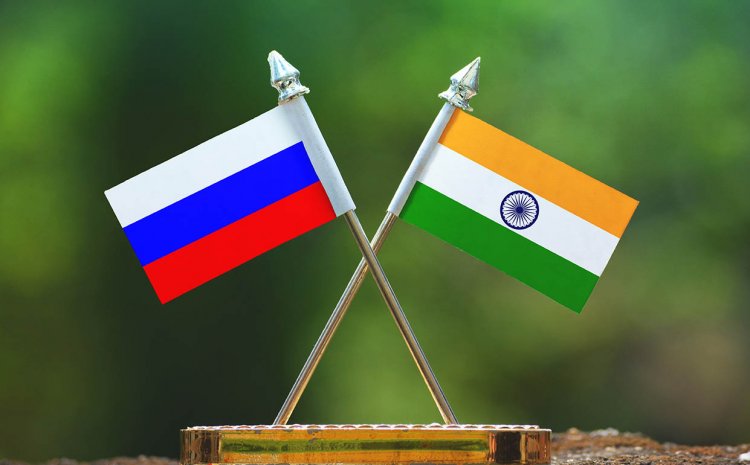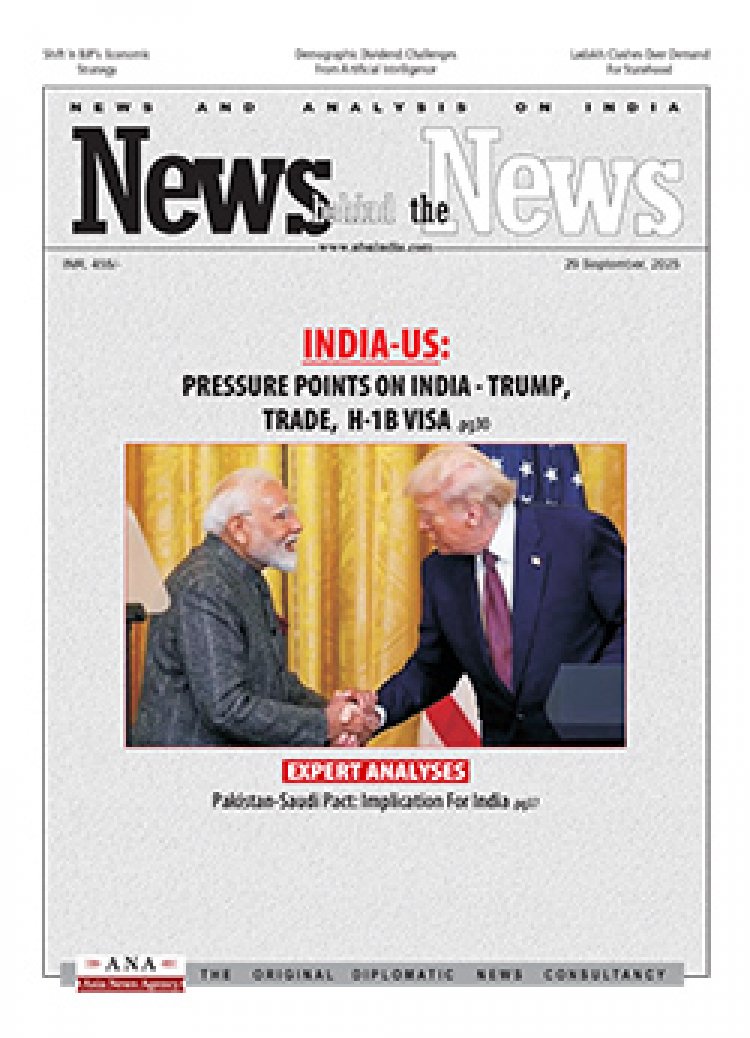India - Russia: Defence Cooperation and Oil at the Heart of Relations
STORIES, ANALYSES, EXPERT VIEWS

Washington’s aggressive stance — particularly under President Donald Trump — has only served to strengthen the longstanding Russia-India partnership. In what is being seen as a potential snub to the US, New Delhi is reportedly in talks with Moscow to acquire more S-400 air defence systems. The platform has been hailed as a ‘game-changer’ by Indian Air Force Chief A P Singh. At the same time, Russia is conducting feasibility studies to assess the investment required to manufacture its Sukhoi Su-57 fifth-generation stealth fighter jets in India, according to defence sources cited by news agency ANI. Currently, India lacks radar-evading stealth combat aircraft, while China already operates the J-20 and has reportedly begun testing a sixth-generation fighter. Last year, reports also indicated that Pakistan was considering acquiring J-20s from China.
Against this backdrop, Jayanta Kalita (Senior Editor, Times of India) emphasises “India urgently requires an advanced stealth aircraft to maintain a strategic balance of power in South Asia — even if only as a temporary solution until its indigenous fifth-generation Advanced Medium Combat Aircraft (AMCA) becomes operational in the mid-2030s. Although the Trump administration earlier this year offered to sell F-35 stealth jets to India, ongoing trade tensions and the high cost of the aircraft ($80–100 million per jet) make it unlikely that New Delhi will opt for this aircraft at this juncture. Given India’s long-standing reliance on Russian weapon systems, turning to its trusted defence partner to meet its immediate needs appears to be both logical and strategic.”
Russia remains India’s largest military supplier but its share of India’s total imports has significantly declined
According to the Stockholm International Peace Research Institute, Russia remains India’s largest military supplier but its share of India’s total imports has significantly declined from 72% in the 2010-14 period to 36% in 2020-24 due to New Delhi’s push for ‘Atmanirbharta’ (self-reliance) in defence manufacturing.
France and Israel also emerged as key defence suppliers to India between 2020 and 2024, accounting for 33% and 13% of imports, respectively.
Deepening ties
Last month, India and Russia agreed to expand bilateral trade ties in the face of US tariff pressure on New Delhi over Russian oil purchases.The India-Russia relations had been among the 'steadiest of the major relationships in the world after World War II,’ External Affairs Minister S Jaishankar said at a joint press conference in Moscow.
Today, notes Kalita “that relationship continues under the strong personal rapport between Prime Minister Narendra Modi and President Vladimir Putin. Modi visited Russia in October last year, and Putin is expected to visit India later this year — another sign of the ongoing strategic dialogue between the two nations….”
A new hypothesis
Sidharth Raimedhi (Fellow at the Council for Strategic and Defense Research, CSDR, a New Delhi-based think tank) talks about a new paradigm on India’s oil buy from Russia.
“What do Ukrainian drone strikes targeting Russian refineries, Saudi avarice for market shares in Asia, the European Union’s tightening of financial sanctions on Russian oil, and increased Russian aggression in Ukraine, as well as against Europe, all have in common? They are all intersecting to facilitate a calibration in India’s approach to purchasing Russian oil in the coming months, thereby creating the ground for lifting the 25 per cent additional tariffs that US President Donald Trump had imposed on India.
“This is somewhat contrary to recent reports and pronouncements that India is pivoting more toward Russia, and maintaining if not increasing the purchase of Russian oil. Growing and intersecting trends indicate the opposite….”















